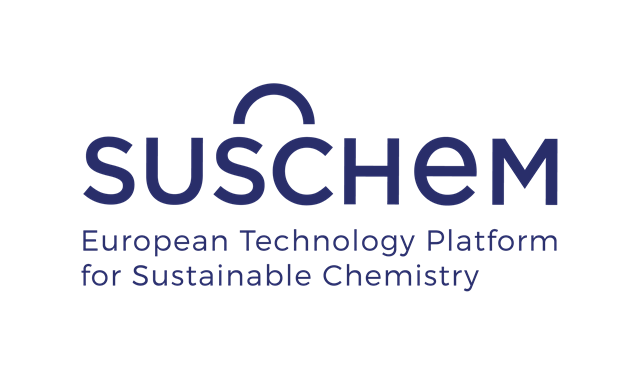The SusChem network, formed by the European and the National Platforms, aims to capitalize on the synergies of its members to reach the critical mass to achieve its goals at European and National level, while avoiding duplication of efforts.
Currently, SusChem NTPs have been created in 12 countries and the NTP page on the main SusChem website has now been updated to include links to all national websites (where they are established) and the latest email details for principal contacts for each of our national platforms.
Common objectives
The common objectives and mutual benefits of SusChem ETP and SusChem NTPs include:
- Working under the common label of "sustainable chemistry”
- Bringing together industry, academia, civil society and national governments to address European societal challenges and improve industry competitiveness
- Contributing to a EU-wide common strategy to support the position of the Chemical sector with the European Commission ("bottom-up” approach)
- Aligning priorities of ETP and NTPs in order to gain broader support (a complementary "top-down” activity)
- Promoting SusChem vision and main priorities at both EU and National level (complementary perspective)
- Facilitating trans-national collaboration within research and innovation projects and the international transmission of skills
- Facilitating networking, cluster creation, project teams, etc. to enhance participation in EU funding programmes, especially for SMEs
Horizon 2020 - national contacts, reorganisation
Liaising with national contact points for Horizon 2020 is also an important role for NTPs and the Commission has published a calendar of national launch events for Horizon 2020 that also includes a list of the national websites for national contacts. This website will be updated throughout the duration of Horizon 2020 the Commission promise.
As the Horizon 2020 research programme gets underway, the European Commission is starting to reorganise DG Research and Innovation to boost its efficiency in managing grants and to make more time for policy planning.
In a recent interview for Science|Business Robert-Jan Smits, Director-General for Research and Innovation (above), said he is introducing radical simplification, moving to a trust-based approach in the management of projects, avoiding micro-management by the Commission, and separating the machinery of grant management from the policy making activities.
Of the eleven directorates within DG Research, three are being reinforced: Directorate A - for Policy Development and Coordination; Directorate B - for Innovation Union and the European Research Area; and Directorate C for International Cooperation. In addition, the policy units in the Directorates dealing with the Grand Societal Challenges are to be strengthened since they define the multi-annual work programmes and content of the calls.
“The idea is that we are going to focus much more on policy issues like the Innovation Union, with its initiatives to create a unitary patent, speed up standardisation and develop innovative public procurement; and on the completion of the European Research Area, which includes measures to abolish barriers to the mobility of researchers, a full roll out of open access to publications and open recruitment in universities,” Smits said in the interview.
D-G Research currently has around 1800 staff. This core staff will shrink substantially (by one third by 2020) with those staff remaining focusing on policy issues rather than grant administration. Four new executive agencies will focus on administering the programmes and are:
- The Research Executive Agency (REA)
- The European Research Council Executive Agency (ERCEA)
- The Innovation and Networks Executive Agency (INEA)
- The Executive Agency for Small & Medium Sized Enterprises (EASME)
As the agencies will also be handling programmes from other parts of the Commission, a Common Support Centre (CSC) has also been set up to ensure a coherent interpretation of rules and procedures across Horizon 2020. The CSC will be located within DG Research and Innovation.



No comments:
Post a Comment
Please post your comment here. Please note that this newsblog is not moderated.
Note: only a member of this blog may post a comment.